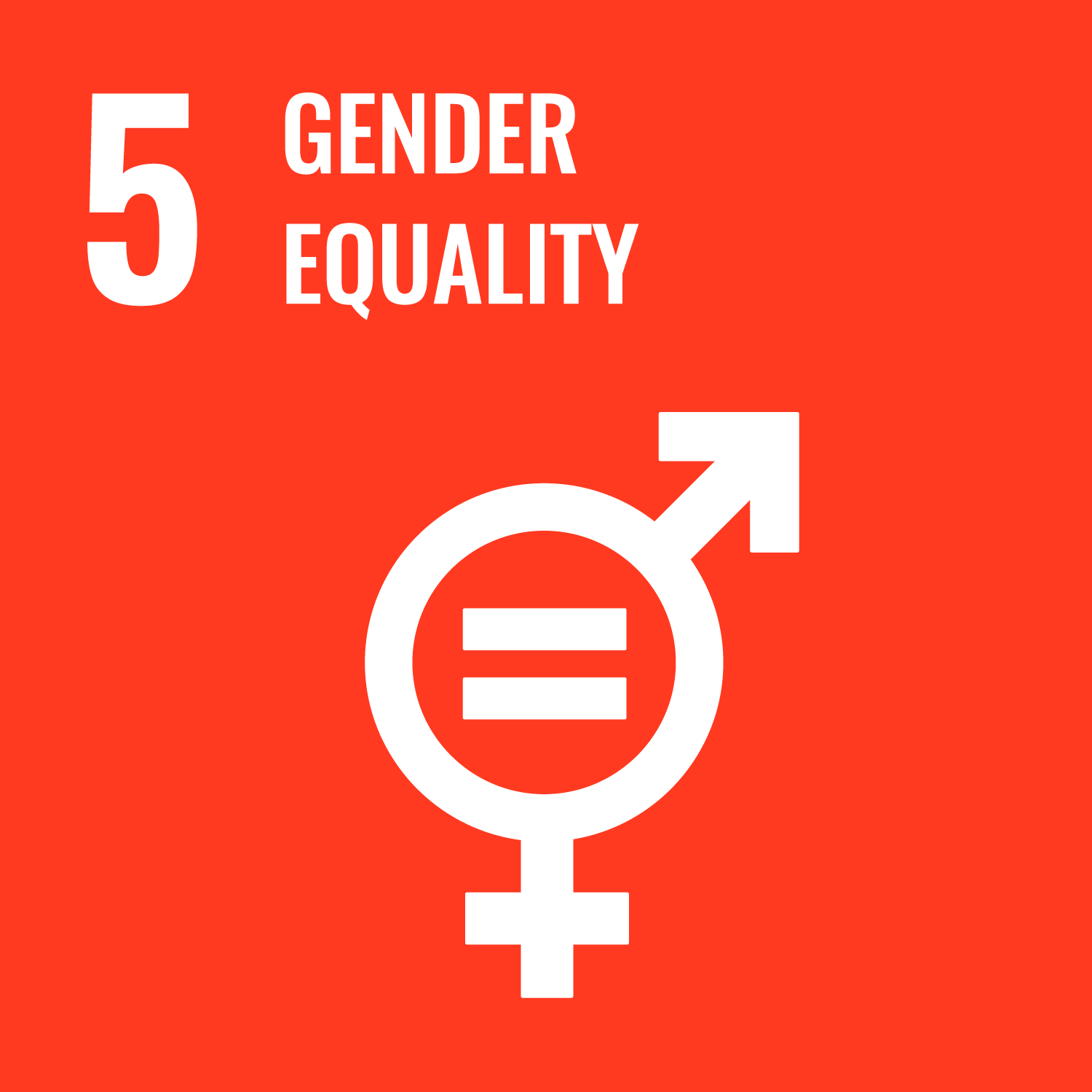In the fourth year, based on the basic knowledge acquired in the third year, students are divided into laboratories, where
they decide on specific themes with their instructors, and conduct comprehensive research including presentations in the first
and second semesters. In Undergraduate Thesis Research 2, students independently conduct lectures, self-study and design,
and simulations on specific issues according to the policy of each laboratory, and report the results of these activities.
Students will conduct research as the culmination of their four years at the university, and develop the skills to summarize
and present their findings.
- To be able to find their own issues and set their own research themes.
- To be able to propose solutions and improvement methods to research theme issues and set goals for their effectiveness.
- Evaluate the proposed theory and methods, and discuss the degree of achievement and remaining issues.
| Research | Seminar | Thesis | Total. | |
|---|---|---|---|---|
| 1. | 10% | 15% | 10% | 35% |
| 2. | 10% | 15% | 10% | 35% |
| 3. | 10% | 10% | 10% | 30% |
| Total. | 30% | 40% | 30% | - |
In Undergraduate Thesis Research 1, students read specialized books on their own topics, building on the reading skills they
developed in the Mathematical Sciences Seminar in the third year. As a general rule, the theme will be a continuation of what
was learned in the Mathematical Sciences Seminar, but for students who are prepared to do so, a wide range of topics related
to analysis will be allowed. Past seminar students' research topics and graduation thesis titles, as well as the contents
of the weekly seminars, can be found on the laboratory website at http://www.sic.shibaura-it.ac.jp/~shingo/index.html. Differential
and Integral Calculus and Linear Algebra are required. The elective courses in analysis, especially "Fundamentals of Analysis,"
are deeply related. The elective courses in applied mathematics will deepen your understanding of the content.
| ways of feedback | specific contents about "Other" |
|---|---|
| Feedback in the class |
- Course that cultivates an ability for utilizing knowledge
- Course that cultivates a basic interpersonal skills
- Course that cultivates a basic self-management skills
- Course that cultivates a basic problem-solving skills
| Work experience | Work experience and relevance to the course content if applicable |
|---|---|
| N/A | N/A |







- 1.NO POVERTY
- 4.QUALITY EDUCATION
- 5.GENDER EQUALITY
- 8.DECENT WORK AND ECONOMIC GROWTH
- 9.INDUSTRY, INNOVATION AND INFRASTRUCTURE
- 16.PEACE, JUSTICE AND STRONG INSTITUTIONS
- 17.PARTNERSHIPS FOR THE GOALS
Last modified : Fri Jun 28 17:47:49 JST 2024
